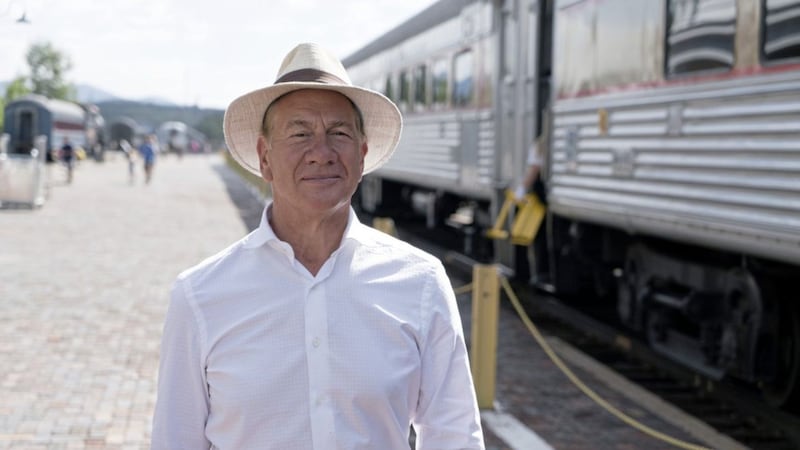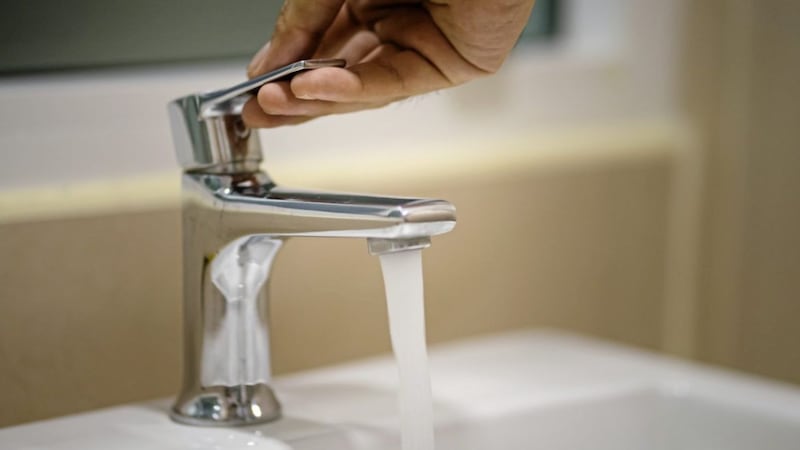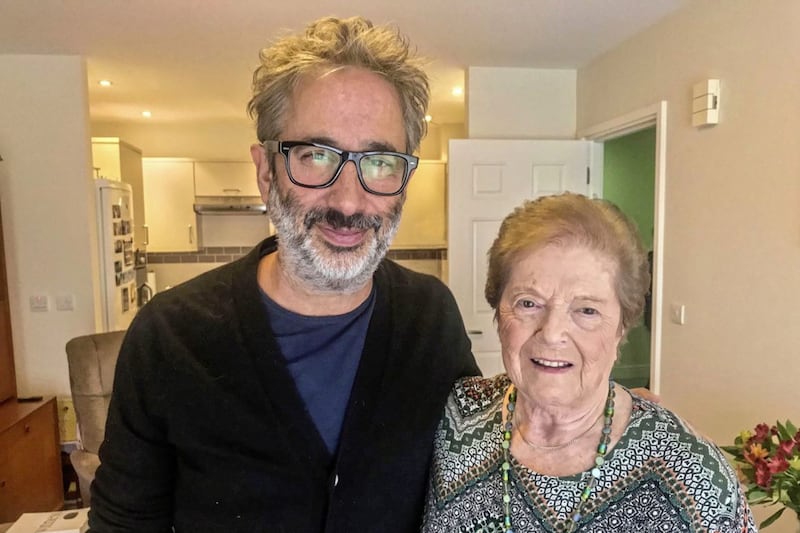Great American Railroad Adventure, BBC2, Tuesday/Wednesday/Thursday/Friday at 6.30pm
It’s rare, but sometimes television can be just perfect.
Take Michael Portillo and his latest train journey across the United States - it’s entertaining, enlightening and relaxing.
Portillo, who at one time was tipped to be a Conservative prime minister, has found a niche for himself in television.
He’s been on the box for almost all of the twelve years since he left elected politics.
Initially it was exclusively as a political commentator, but he gradually moved into travel, history and cultural programming.
For many years he appeared on BBC2’s Daily Politics alongside Diane Abbott, but I haven’t seen him since she upped and joined Jeremy Corbyn’s loony-left front bench.
He did, however, last year present the brilliant Enemy Files for RTE, which recalled the Irishmen who fought for the British on the streets of Dublin in 1916.
Nevertheless, he’s probably best know as a broadcaster for his Railway Journeys series, which started exploring around Britain but in later series expanded into Europe and the US.
And now, just as the new protectionist president of the US is making visitors feel unwelcome, Portillo is back for another slice of America.
This trip began in St Louis, Missouri, a US city I’d previously have had difficulty finding on the map.
I was ashamed of my ignorance as Portillo guided us around a fascinating city named after the French King Louis III in 1784.
St Louis was regarded as the gateway to the west in the early 19th century because it had the only bridge crossing the mighty Mississippi River.
Settlers who wanted to claim land in the 800,000 square-mile Louisiana Purchase, bought from Napoleon by the US government for 60 million francs in 1803, poured through the city.
The purchase was so large that it included territory from 15 of the present US states and launched the rush to the wild west.
A stunning arch, 630 feet high, was erected in St Louis in 1965 to commemorate its gateway status.
Portillo’s journey, which continues on BBC2 all next week, will take him through this country, which in the present Atlantic to Pacific America is more the middle of the continent than the extreme west.
He travels by train from St Louis to Dodge City, Kansas; onto Colorado Springs and Albuquerque, New Mexico, before finishing at the Grand Canyon.
You couldn’t asked for a better informed and more agreeable companion for the journey.
***
The Engine That Powers The World, BBC4, Monday at 9pm
Staying on the travel theme and Mark Evans was explaining to us how the internal combustion engine changed the world.
Not just the engine in fact, but the diesel version of it.
It was a Betamax/VHS fight at the beginning with everyone favouring the greater power and the simplicity of petrol.
Everyone, that is, except the Royal Navy who found out to their cost in the first world war that petrol engine powered submarines were susceptible to going on fire.
Gradually diesel made a come back and by the inter-war years trucks, buses, tractors and military vehicles were relying on the fuel efficiency and the greater low rev torque of the diesel.
By the 1990s it was the economy of the diesel engine that saw its march into the last holdout of petrol - the family car.
Governments loved it because the less fuel used allowed them to claim lower emissions despite diesel producing a messier residue.
That was, of course, until, VW found a way to make diesel efficient and super clean … oops.









